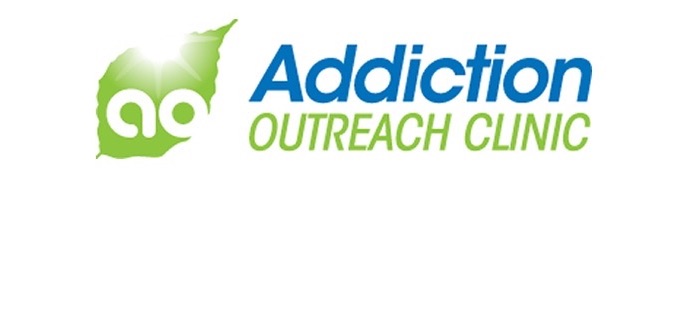Dr. Nicholas Atanasoff: Pursuing Positive Outcomes
 Nicholas Atanasoff, psychiatrist, addictionologist, and opioid addiction specialist, works in Ohio and Pennsylvania to help the opioid addiction community. Dr. Atanasoff has developed a treatment approach for opioid addiction aimed to deliver fast and successful results. Opioid addiction recovery requires a sustainable treatment plan which keeps one off of opioids and prevents relapse. To enable positive outcomes quickly and sustainably Nicholas Atanasoff uses Suboxone® with the support of monthly behavioral counseling. This program which Dr. Atanasoff has created offers a realistic, results-driven approach which allows patients to live their normal lives as they would, while maintaining their opioid treatment program.
Nicholas Atanasoff, psychiatrist, addictionologist, and opioid addiction specialist, works in Ohio and Pennsylvania to help the opioid addiction community. Dr. Atanasoff has developed a treatment approach for opioid addiction aimed to deliver fast and successful results. Opioid addiction recovery requires a sustainable treatment plan which keeps one off of opioids and prevents relapse. To enable positive outcomes quickly and sustainably Nicholas Atanasoff uses Suboxone® with the support of monthly behavioral counseling. This program which Dr. Atanasoff has created offers a realistic, results-driven approach which allows patients to live their normal lives as they would, while maintaining their opioid treatment program.
Dr. Nicholas Atanasoff
Dr. Atanasoff attended the University of Health Sciences College of Osteopathic Medicine where you obtained his medical degree. Upon completing his education Dr. Atanasoff completed his residency at the University of Cincinnati College of Medicine Department of Psychiatry.
Dr. Atanasoff has been practicing addiction medicine since 2000, and in 2007 Nicholas Atanasoff founded Addiction Outreach Clinic, an opioid addiction clinic focused on helping those in the community who need it most. When Dr. Atanasoff noticed the rising heroin and pain medication problem in Ohio he knew he had to help, today AOC has 7 locations in Ohio and Pennsylvania.
Dr. Atanasoff’s Opioid Addiction Recovery Program
The program at AOC is a simple one, an outpatient program that focuses on results-driven and realistic approach for opioid addiction treatment.
The unique program at AOC requires only 1 monthly visit, where all aspects of the treatment program can be done in the office. Dr. Atanasoff utilizes Medication-assisted Treatment (MAT), consisting of Suboxone in conjunction with monthly behavioral therapy which makes patients’ recovery efforts very successful. This outpatient opioid treatment program allows patients to maintain their day to day lives because it requires a minimal commitment in the doctor’s office and maximum opportunity to keep leading daily life with the help of medication and your support system.



Leave a Reply
Want to join the discussion?Feel free to contribute!